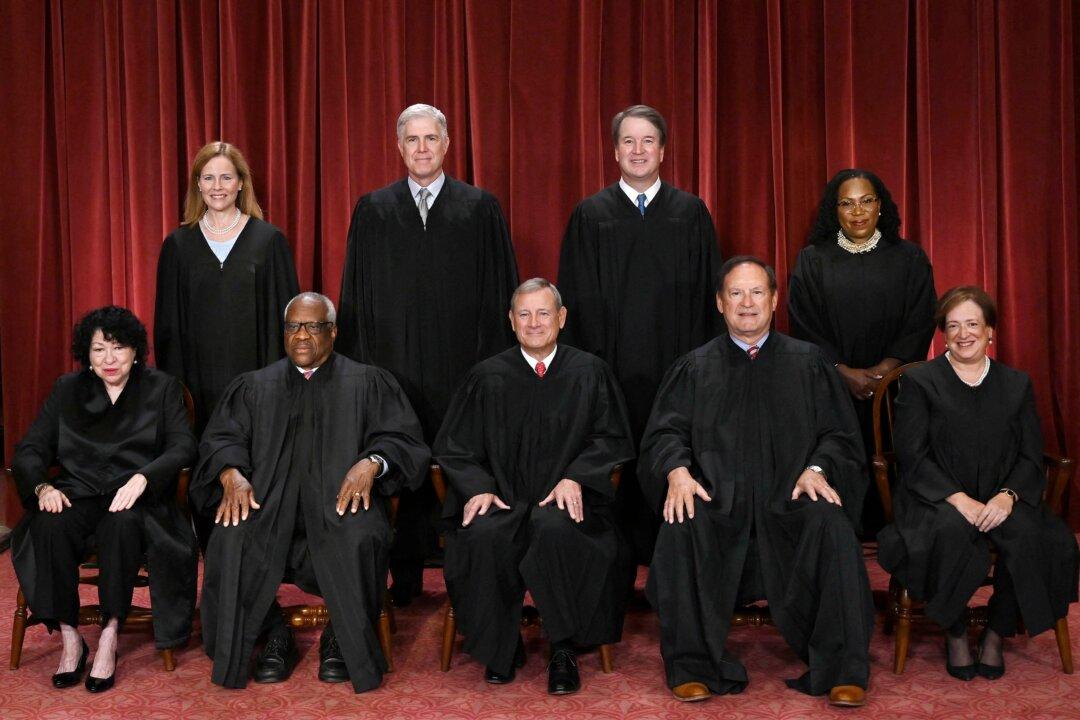The U.S. Supreme Court agreed on Dec. 12 to hear President Joe Biden’s appeal of a judge’s ruling that blocked his student debt relief program and found it unlawful, taking up the matter alongside another lawsuit against the policy.
The Biden administration appealed a recent decision handed down by Texas-based U.S. District Judge Mark Pittman to block the program, siding with an advocacy group. An appeals court also ruled against the relief program and placed it on hold.





